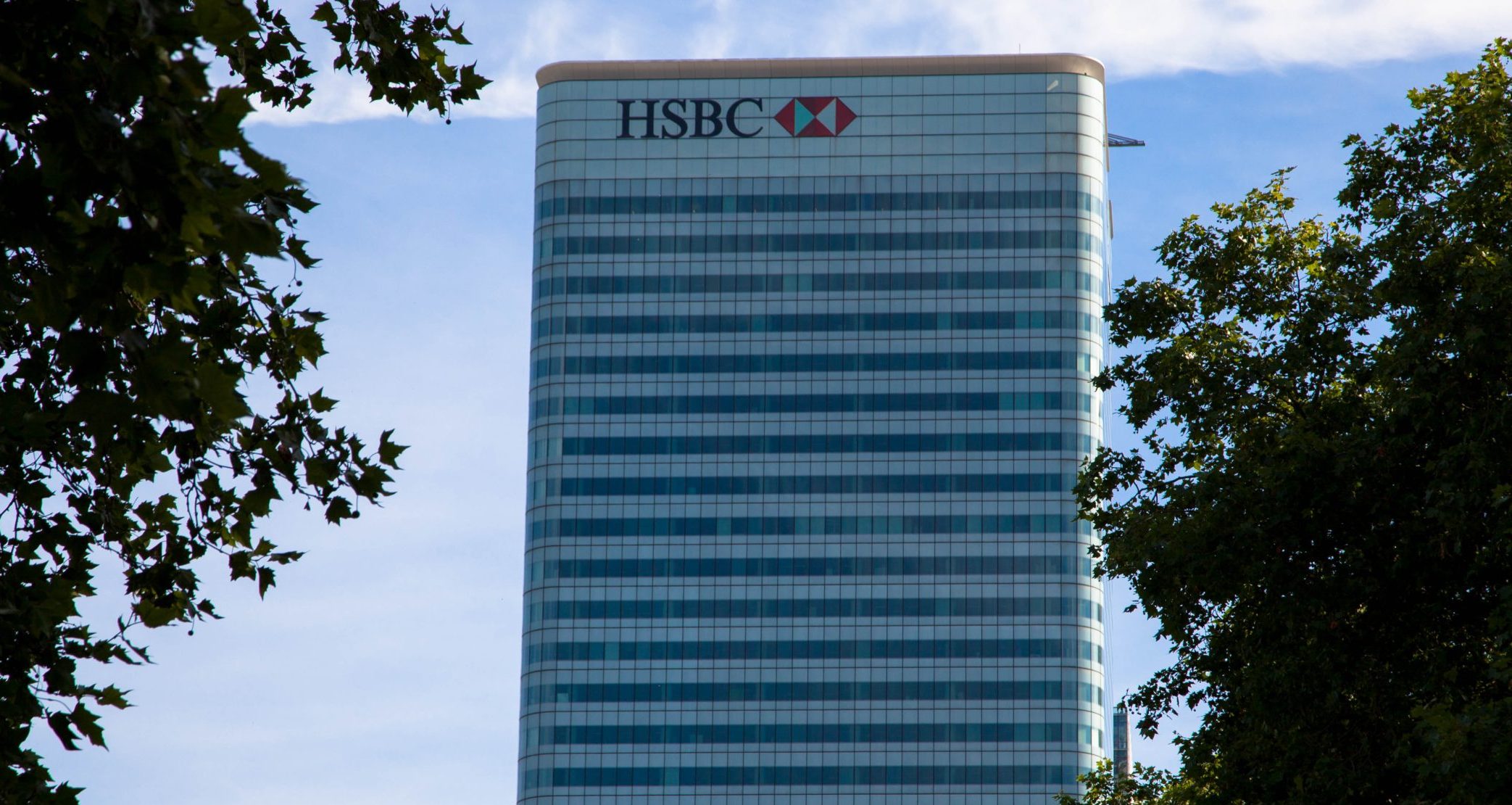HSBC Holdings Plc has decided to abandon its plans to establish a carbon credits desk, according to sources familiar with the matter, as the bank reconsiders its role in a market facing growing scrutiny over allegations of greenwashing. The decision means HSBC will no longer pursue a dedicated unit to trade voluntary carbon market (VCM) credits or finance project developers within the sector, the sources said.
The bank had initially explored the carbon credit market a few years ago during its peak, aiming to hire specialists, build a trading portfolio, and provide liquidity to clients. However, interest in the voluntary carbon market has significantly declined, shrinking by nearly a quarter in 2023 to around $1 billion as corporate buyers distanced themselves amid concerns over the credibility of offsets.
HSBC’s carbon desk plans were relatively short-lived, with the staff assigned to the unit now reassigned to other roles.
Voluntary carbon credits are designed to represent one metric ton of emissions avoided, reduced, or removed, with project developers often operating in developing economies focusing on reforestation and other initiatives. Buyers then use these credits to offset their emissions. However, widespread issues with over-issuance and overstatement of credits have undermined trust in the system.
Several prominent companies, including Delta Air Lines, Google, and EasyJet, have stepped back from purchasing offsets, focusing instead on reducing their direct emissions. Similarly, Shell Plc is reportedly looking to sell a majority stake in its nature-based carbon projects portfolio, which it launched in 2018.
However, despite stepping away from a dedicated carbon desk, HSBC plans to continue purchasing credits to offset emissions it cannot directly reduce, as per its latest transition plan published in January. The bank is also building a pipeline of credits through its Climate Asset Management joint venture with climate advisory firm Pollination.
Meanwhile, global efforts to strengthen the carbon market are underway. At COP29 in Azerbaijan, negotiators advanced a framework under Article 6.4 of the Paris Agreement to enable nations and corporations to trade carbon reductions. Industry reforms, including quality criteria set by the Integrity Council for the Voluntary Carbon Market, aim to rebuild confidence in offsets as demand grows under emerging compliance programmes, particularly in the Asia-Pacific region.
